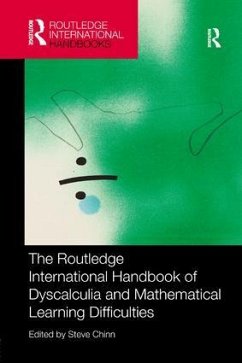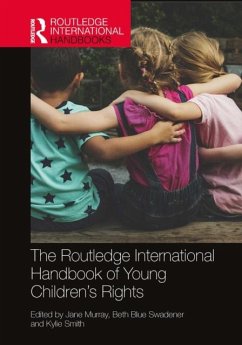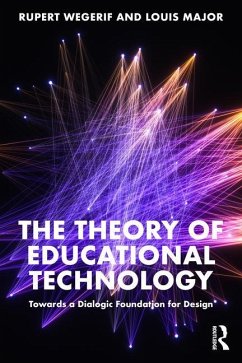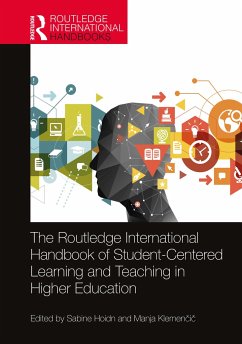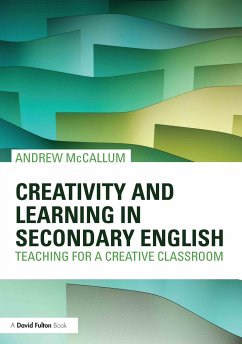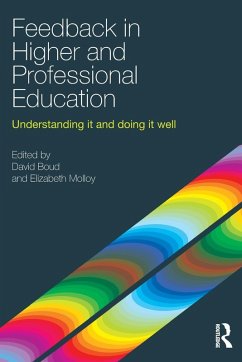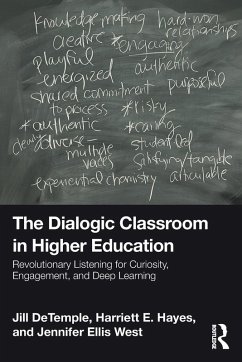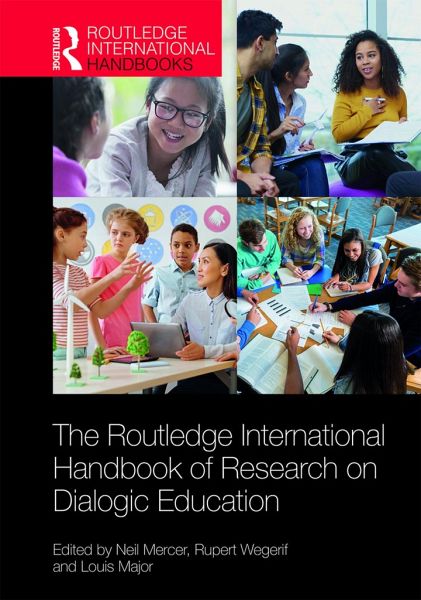
The Routledge International Handbook of Research on Dialogic Education
Versandkostenfrei!
Versandfertig in 1-2 Wochen
262,99 €
inkl. MwSt.
Weitere Ausgaben:

PAYBACK Punkte
131 °P sammeln!
The Routledge International Handbook of Research on Dialogic Education provides a comprehensive overview of the main ideas and themes that make up the exciting and diverse field of Dialogic Education.





